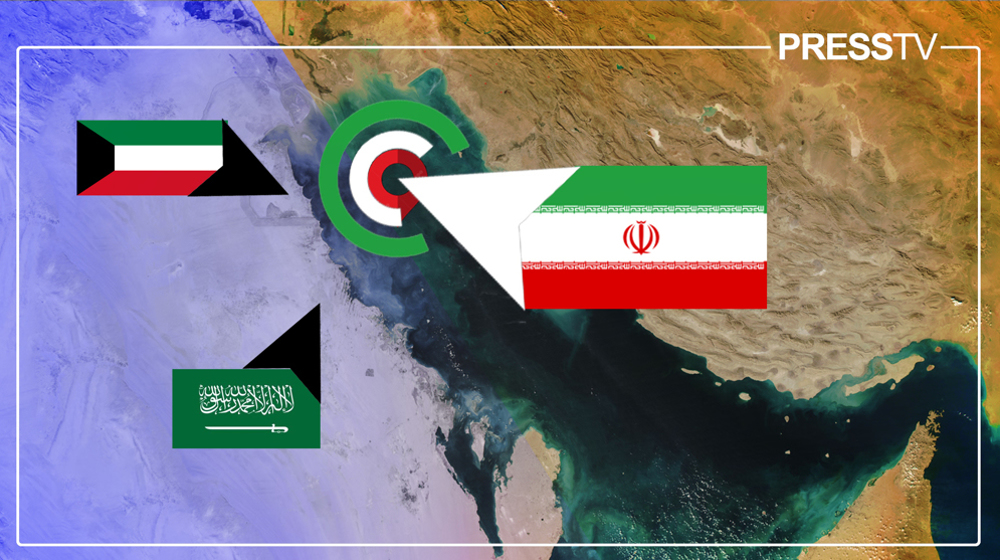Rights activists slam Qatar’s ‘sham’ labor reforms
Rights groups have denounced as "sham" changes to Qatar's "kafala" labor system for migrant workers in the country, which is busy preparing venues for the 2022 World Cup.
The condemnation came a day after Qatar's emir, Sheikh Tamim bin Hamad Al Thani, gave his approval for a new law overseeing the sponsorship system, under which workers are currently allowed to leave Qatar only with the permission of their employer, as well as rules that permit laborers to switch jobs.
However, activists argue that the long-awaited reforms would not change much for the thousands of foreign workers in the gas-rich country.
"The new labor law does not abolish the notorious exit permits, and workers still have to get their employers' permission to leave the country," said Sharan Burrow, general secretary of the International Trade Union Confederation, which is among Qatar's fiercest critics.
Based on new rules, workers who want to leave Qatar must apply for permission from the interior ministry at least three days beforehand.

Workers can complain to a grievance committee, which will be formed under the new law, if the permission is denied.
Under the changes, migrant workers can switch jobs at the end of a fixed-term contract that usually lasts for five years.
The current system requires the workers who leave a job at the end of a contract to wait two years before coming back to Qatar to take up a new position if the employer objects to the new job.
"These changes are unlikely to lead to a meaningful improvement," said Nicholas McGeehan, Persian Gulf researcher at Human Rights Watch, describing workers’ need to ask for their employer permission to leave the country as “one of the most disappointing aspects of the law.”
Amnesty International's Mustafa Qadri also called the changes “inadequate,” adding, “We welcome the fact that there's an attempt at reform but we need to see more.”
The changes are not expected to come into effect before 2017 at the earliest.
Qatar has come under harsh criticism from rights groups over its unfair treatment of its 1.8 million migrant workers who account for as much as 90 percent of its population.
Israeli forces kill two Palestinians in occupied West Bank
VIDEO | Patience and Palestine
VIDEO | Captives' families
Iran condemns new sanctions by US, Britain and Canada
India students union slams crackdown on pro-Palestine campus protests in US
UN experts urge Israel to allow Freedom Flotilla’s ships to safely reach Gaza
Hamas says receives Israeli response to new proposal for Gaza ceasefire
US paramedic involved in death of Black man avoids prison










 This makes it easy to access the Press TV website
This makes it easy to access the Press TV website